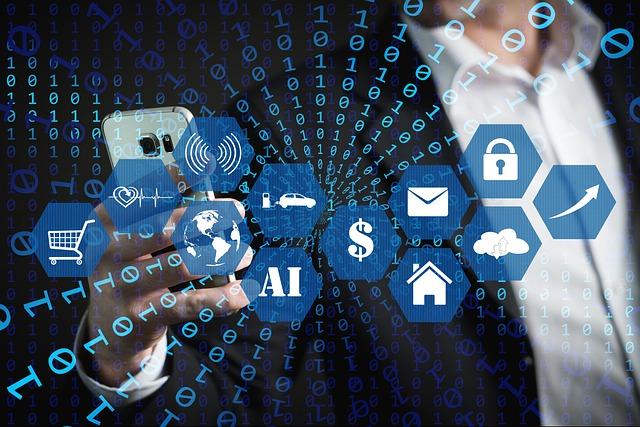Today, artificial intelligence (AI) is transforming the healthcare industry. AI has the potential to revolutionize health care, providing physicians with better diagnostic tools, enabling faster and more accurate diagnoses, and helping to reduce medical errors. In addition, AI can reduce costs, improve patient outcomes, and enhance the patient experience.
AI is being used in a variety of ways in healthcare. AI-powered diagnostic tools are being used to identify diseases more quickly and accurately. AI-enabled medical imaging tools are being used to detect abnormalities in scans and X-rays. AI-powered robots are being used to assist in surgeries, and AI-based drug discovery is being used to develop new treatments. AI is also being used to analyze large amounts of data to identify patterns and insights that can help improve patient care.
AI has the potential to revolutionize the way health care is delivered. AI-powered tools can help physicians make more accurate diagnoses and provide more personalized treatments. AI-enabled robots can assist in surgeries, reducing the risk of errors and allowing for more precise procedures. AI-powered drug discovery can help develop new treatments for diseases, and AI-based analytics can help identify patterns and insights that can improve patient outcomes.
AI can also help reduce costs in health care. By automating certain processes, AI can help reduce administrative costs and improve efficiency. AI can also help reduce the cost of medical devices and treatments, making them more accessible to patients.
AI can also improve the patient experience. AI-powered chatbots can provide personalized advice and support to patients. AI-enabled robots can help reduce wait times in hospitals and clinics. AI-based analytics can help identify patterns and insights that can improve patient care.
AI is a powerful tool for improving health care. However, there are some challenges that need to be addressed before AI can be fully utilized in health care. AI systems are only as good as the data they are fed. If the data is incomplete or inaccurate, the AI system will not be able to provide accurate results. In addition, AI systems need to be designed with privacy and security in mind, as they will be handling sensitive patient data.
Despite the challenges, AI has the potential to revolutionize health care. AI-powered tools can help physicians make more accurate diagnoses, reduce medical errors, and reduce costs. AI-powered robots can assist in surgeries, and AI-based drug discovery can help develop new treatments. AI-enabled analytics can help identify patterns and insights that can improve patient care. By harnessing the power of AI, we can improve health care and provide better outcomes for patients.

